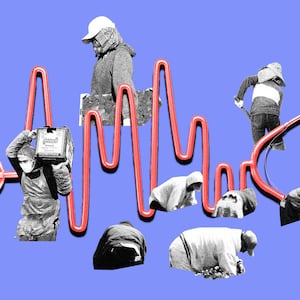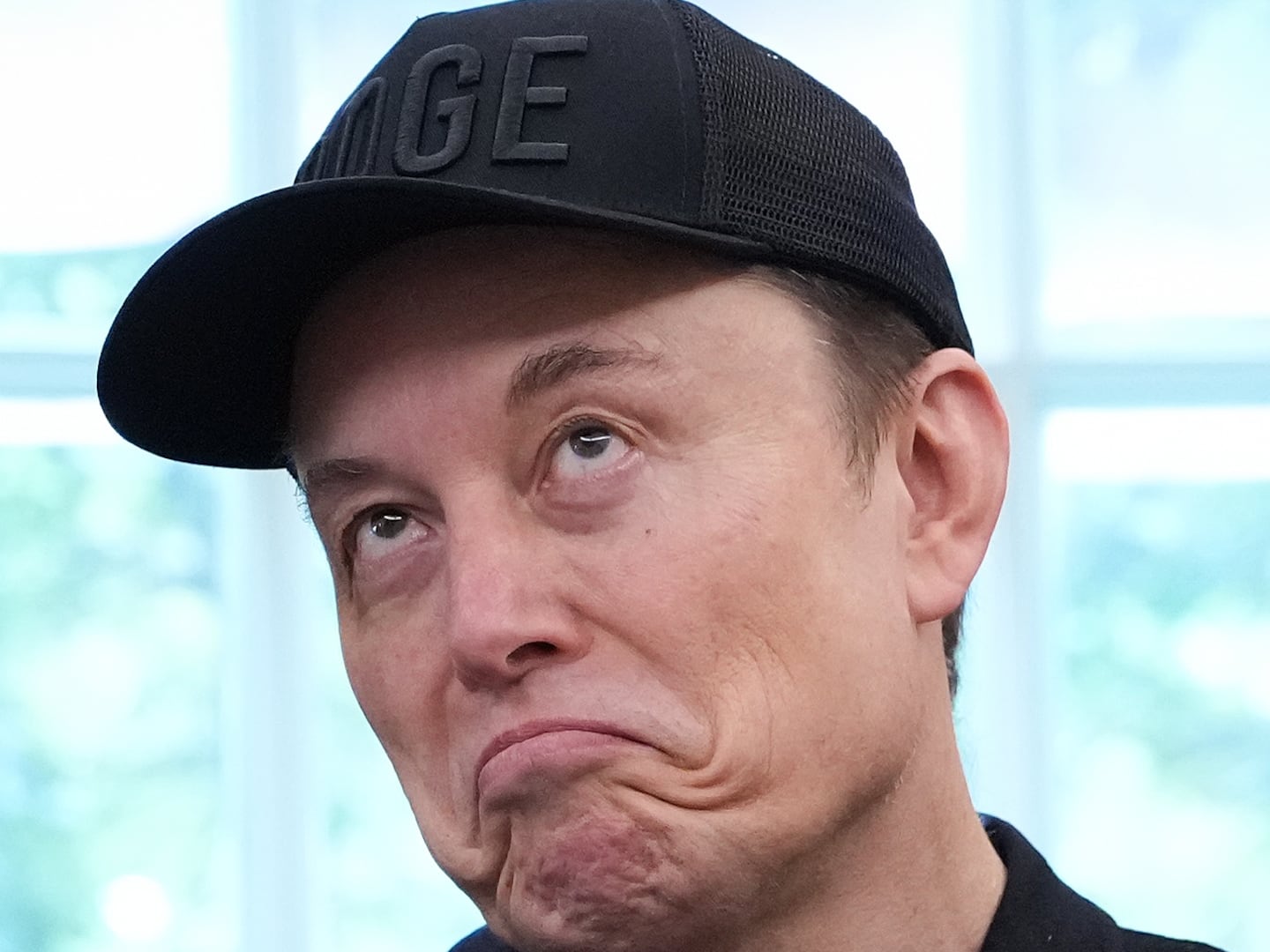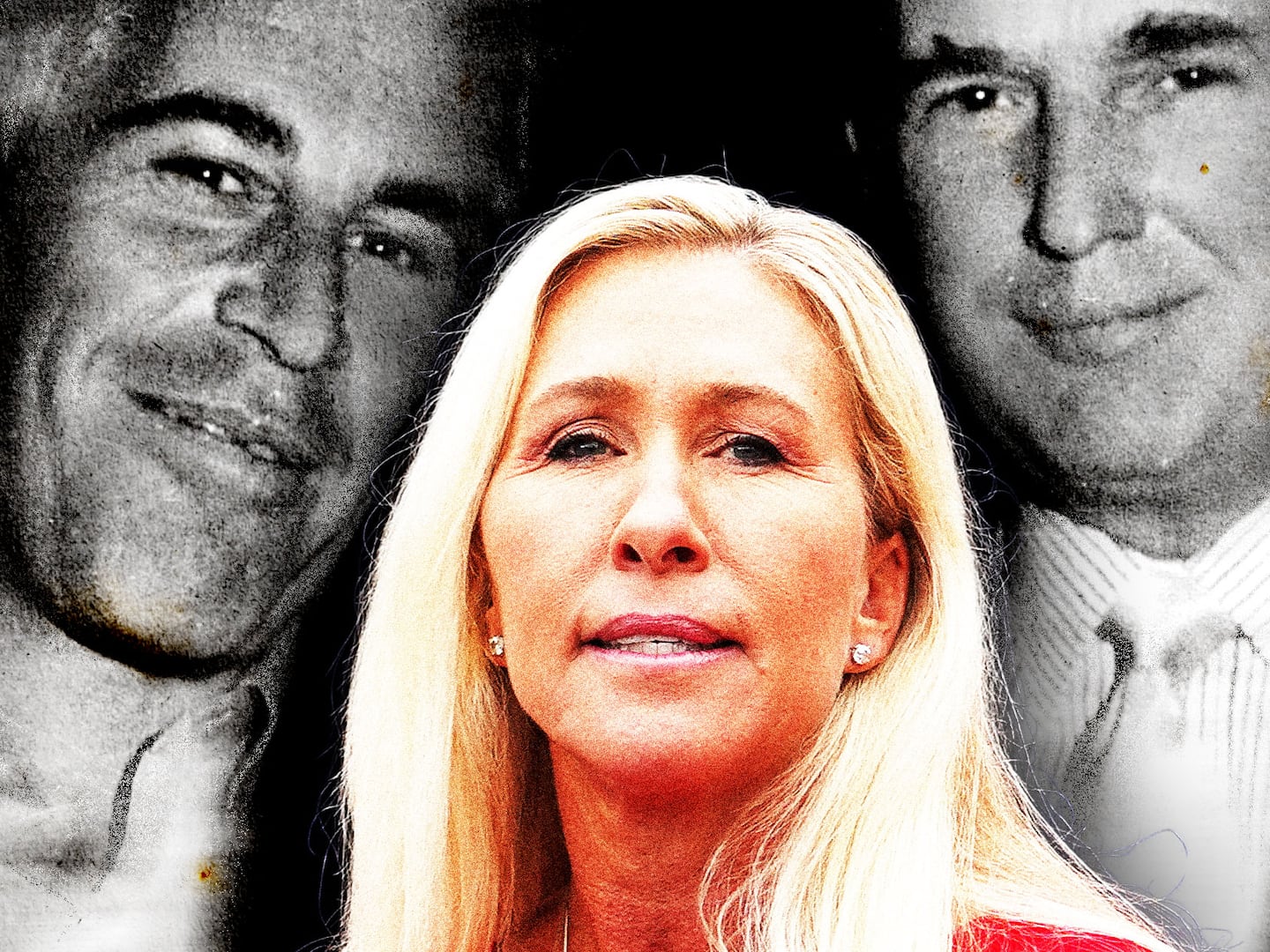This Labor Day, there is a hell of a lot going on in the “work space.”
Thanks to a labor reform bill that was recently passed by the legislature and which is now headed to the desk of Gov. Gavin Newsom for his signature, fast-food workers in California could soon earn as much as $22 per hour. And given that Newsom is a prospective candidate for the 2024 Democratic presidential nomination, the rest of the country can expect to hear much more about this salary boost over the next several months.
A new Gallup poll finds public support for organized labor in the U.S. to be the highest it’s been in more than a half-century, 57 years to be exact. Seventy-one percent of Americans now approve of unions—the highest the polling firm has recorded since 1965. The current figure is so high, in fact, that it is closing in on the percentage of Americans who backed unions in the 1950s—when three out of four Americans approved of them.
Unions are also popping up in the darndest places. Workers are organizing, or advocating to start unions, in liberal corporate enclaves like Amazon, Apple, Trader Joe’s, and Starbucks. They’re demanding higher wages and better working conditions, things that you would imagine companies with liberal management philosophies located in blue states and Democratic cities should already be providing.
Many Americans are in the “grudge” phase of the COVID-19 pandemic—mindful of how badly many companies and corporations behaved two years ago when U.S. workers were at their most vulnerable. Millions of U.S. workers lost their jobs and health insurance, and they had to figure out how to provide childcare and avoid homelessness. Now that workers have the leverage in an “employee market,” they’ve become hard-nosed negotiators.
And we’re suffering a hangover from the so-called Great Resignation. In 2021, according to the U.S. Bureau of Labor Statistics, over 47 million Americans quit their jobs. According to Pew Research Center, the reasons included low pay (63 percent), no chance for advancement (63 percent), and disrespect at work (57 percent). And while there is evidence that many workers may regret quitting their old job because they’re not thrilled with what came next, some economists predict an “echo boom” of resignations from the new jobs.
Meanwhile, some of the younger workers of Generation Z (born between 1997 and 2012) aren’t actually ditching their job—but they’re no longer putting in 110 percent. That means no more working weekends or holidays, or logging 80 hours per week. It’s called “quiet quitting,” and it’s all the rage with those who have decided employers can be ungrateful and their best efforts often go unrewarded. These workers are still on the job, but they’re reassessing their work-life balance.
Finally, this being an election year, the season when spineless politicians in both parties become even more jittery about thorny issues, the Biden administration is maintaining some of the restrictionist immigration policies of its predecessor. Even as “Help Wanted” signs dot the fruited plains, Biden is patching up former President Donald Trump’s “big beautiful wall” on the U.S.-Mexico border. You’d think a shortage of workers would be enough to entice a Democratic president to ditch the failed policies of his xenophobic predecessor, and yet, here we are.
All of this gives Americans a tremendous amount to think about—and, dare we say, labor through—on this day set aside by Congress in 1894 to honor the contributions of workers.
Part of what I’m thinking about this Labor Day is my own experience, however dysfunctional. I’m rooting for Generation Z—a.k.a. the “Zoomers”—to succeed in readjusting Americans’ work-life balance. Because I sure couldn’t.
I’m a workaholic who juggles five or six part-time jobs for seven days a week. I had my first job at 13, bussing tables at a Mexican restaurant owned by a family friend. I worked through high school and college.
What’s more, I come from a long line of workaholics. My paternal grandfather, Roman, the immigrant from Chihuahua, Mexico, used to show up to work a half-hour early and give his boss that extra 30 minutes of hard labor in the fields as a gift to say gracias to the employer—for giving him a way to feed his family. My maternal grandfather, Samuel, who moved his entire family from Texas to California on a rumor that farmers in the Golden State were paying one dollar more per hour, broke his hand once, but kept picking lettuce with his one good hand rather than lose his job. And my grandmothers, Esperanza and Aurora, worked even harder than their husbands because—besides toiling side by side with them as equals in the fields—they also did most of the cooking, cleaning, laundry, and other household chores. Respect, ladies! Respeto.
My parents—who are now retired and living on Social Security and my dad’s pensions as a former law enforcement officer—worked for 60 years. They labored as teenagers in the 1950s, all the way to semi-retirees in the 2010s. And today, my sister and brother also grind it out every day, working for corporations and pulling down six-figure incomes.
You see, my family—like many American families, and virtually all Latino families—worship at the altar of work. So what I’m about to say might sound like heresy.
I think the Zoomers are on the right track. It’s clear that maintaining a healthy and balanced approach to work is a good thing for Americans to strive for. More power to them.
But it’s just as clear that the nation’s diminishing work ethic is bad for America. The work-life balance isn’t the only one that needs to be struck. Americans also need to balance the fair and equitable treatment of workers—through higher pay, better work conditions, and greater union representation—with a renewed national commitment by employees and employers alike to that honorable pursuit formerly known as work.
So this Labor Day, after the grilling is done and we’ve come home from the beach, let’s start that conversation.








